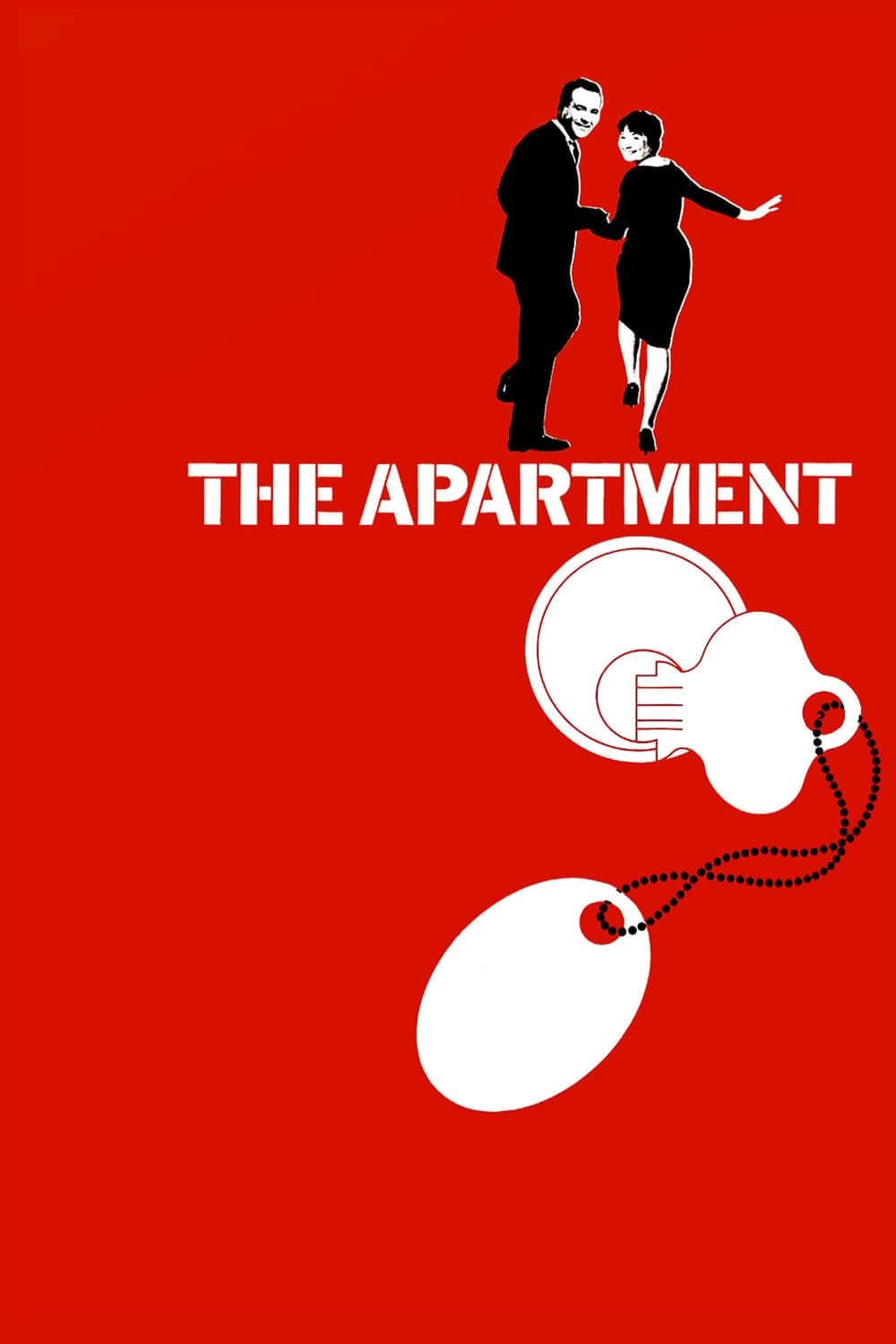
The Apartment
1960
Rate this movie
Average: 0.00 / 5
(0 votes)
Director
The award-winning duo Jack Lemmon and Billy Wilder construct this authentic comedic masterpiece, a bittersweet symphony that transcends genres to arrive at a sharply relevant social satire. Their artistic partnership, already cemented by gems like Some Like It Hot, finds its most mature and perhaps most painful expression in The Apartment (original L'Appartamento), demonstrating a rare ability to dance on the border between bitter laughter and human tragedy.
The ambitious Mr. Baxter, portrayed with chameleonic mastery by Jack Lemmon, finds a profitable way to climb the ranks of his company, Consolidated Life Insurance: by lending his apartment to his bosses for clandestine escapades. This premise, which at first glance appears to be a brilliant farce, soon reveals itself to be a lucid portrait of compromised morality in corporate 1960s America, an era of apparent economic prosperity that concealed a profound ethical void. The apartment is not merely a set, but a mute character, a silent and complicit witness to indignities and disillusionments, a crossroads of loneliness and lies.
Naturally, a woman arrives to complicate the delicate balance, a poetic fracture in the protagonist's self-destructive mechanism. Baxter is a man without affections: he has no girlfriend, no family. He lives his quiet bachelor life, marked by routine and solitary dinners, his gray existence reflected in his own, almost invisible, presence within the office machinery. Yet, beneath this veneer of meekness and opportunism, a genuine desire for connection brews. One day, prompted by an unexpected spark, he finds the courage to invite the girl from his apartment building, whom he always meets in the elevator, to dinner.
Life presents him with a possible, authentic and redemptive love on one hand, and the possibility of career advancement on the other—a moral crossroads that defines his character's arc. This conflict is the pulsating heart of the film, a universal dilemma between the soul and material success. Lemmon magnificently embodies the transition from servile resignation to dignified rebellion, a man who learns to say no, even at the cost of losing everything. His performance, a mix of physical comedy and heartbreaking pathos, was so influential that it became the prototype of the modern anti-hero, the common man crushed by the gears of a system larger than himself.
Baxter's boss, Jeff D. Sheldrake, portrayed by an excellent Fred MacMurray, is also witty and intelligent: a man torn between a wife he doesn't love and a divorce he doesn't want to face. MacMurray, here in a role that redeems him from his previous portrayals as a romantic hero, rediscovering him as ambiguous and petty as in the film noir Double Indemnity, is the perfect archetype of corrupted power, the personification of the superficiality and hypocrisy that Baxter aspires (or aspired) to achieve. His cynicism is all the more effective as it is presented with a calm, almost indifferent, brutality.
Also noteworthy is Shirley MacLaine's stage presence as the “elevator girl,” Fran Kubelik, as usual, restrained and irreverent in equal measure. MacLaine imbues Miss Kubelik with disarming vulnerability and surprising resilience. She is not the typical damsel in distress, but a wounded woman seeking her dignity in a world that seems only to want to exploit her. Her chemistry with Lemmon is palpable, an alchemy that transcends the classic romantic dynamic to touch on mutual understanding and acceptance of each other's fragilities. The famous final line, "Shut up and deal," is not just a comedic close, but the perfect synthesis of two kindred spirits who find solace not in romantic idealization, but in the pragmatic acceptance of their shared imperfection and loneliness.
Shot in stunning black and white by Joseph LaShelle, Wilder is keen to present us in the best possible way the true protagonist of the film: the apartment. The black and white is not merely an aesthetic choice, but a powerful narrative tool that emphasizes the contrast between the cold fluorescent lighting of the offices and the intimate, claustrophobic shadows of the apartment, which, from a refuge for escapades, slowly, almost imperceptibly, transforms into a symbol of redemption and hope. Its modest size and sober furnishings reflect Baxter's own life, an intimate stage where the comedies and dramas of modern life unfold. Wilder's camera, never intrusive yet always keen, explores the spaces as if they were psychological extensions of the characters, revealing their solitude even amidst the crowds of Manhattan.
Overall, a brilliant and theatrical work, another great film born from the genius of Billy Wilder, who confirms himself as an unsurpassed master in the art of weaving the sharpest sarcasm with a profound and touching humanity. The Apartment is not just a romantic comedy, but a powerful social critique, a drama about the costs of success and the often vain search for happiness in a dehumanizing world. Its ability to make one laugh and reflect simultaneously, to touch universal chords with apparent lightness and surprising depth, makes it a timeless classic, a beacon in cinema history that continues to illuminate the contradictions of the human condition with its bittersweet and unmistakable light.
Country
Gallery
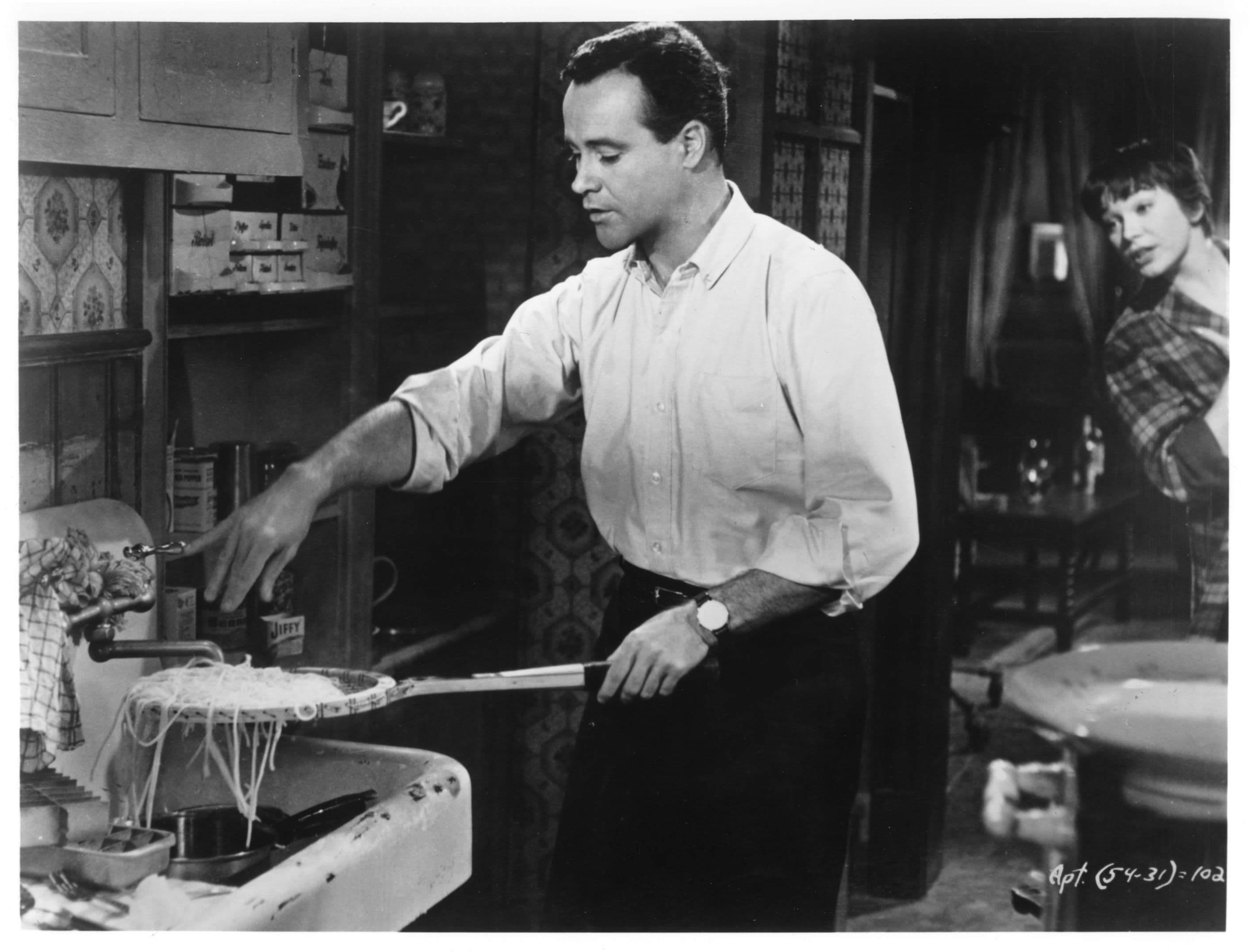

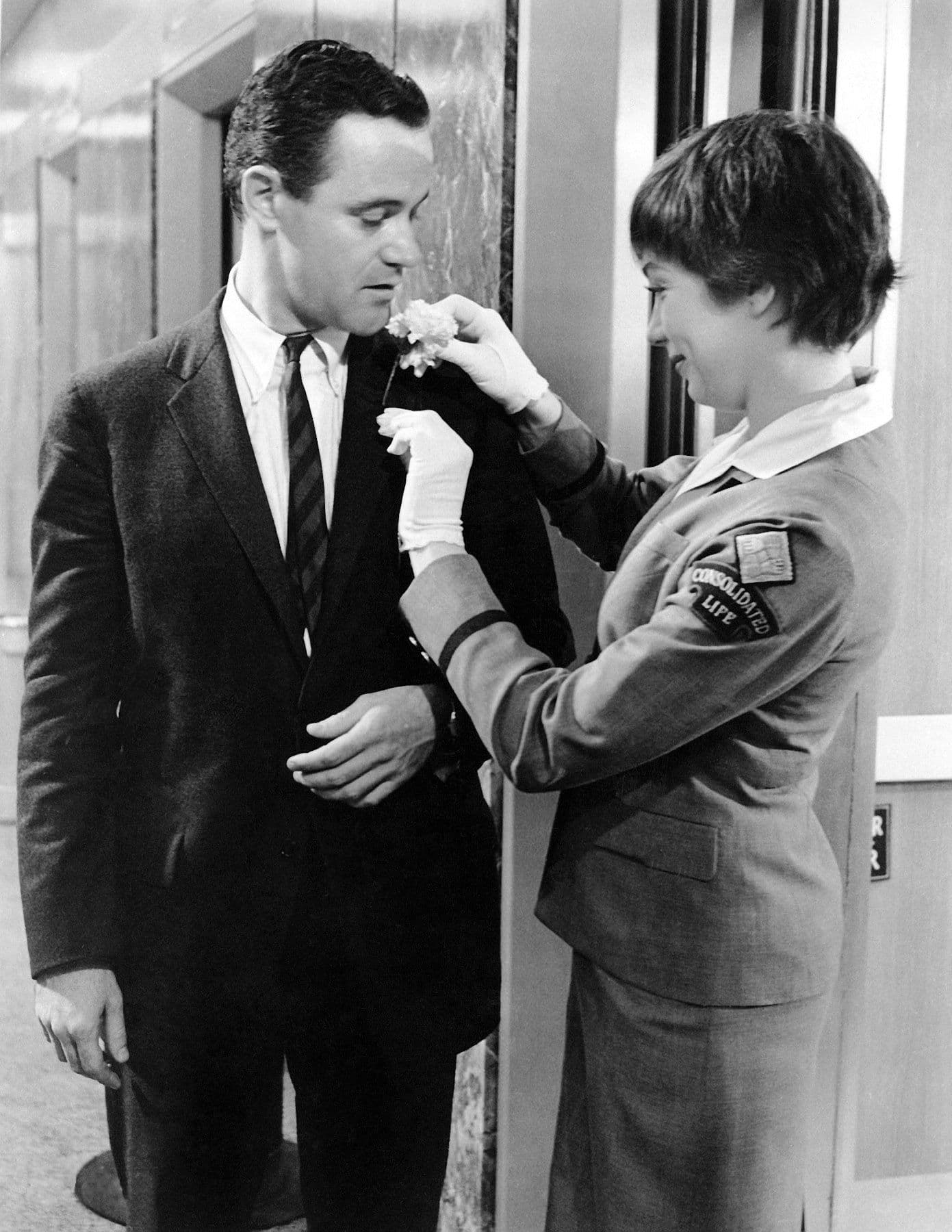
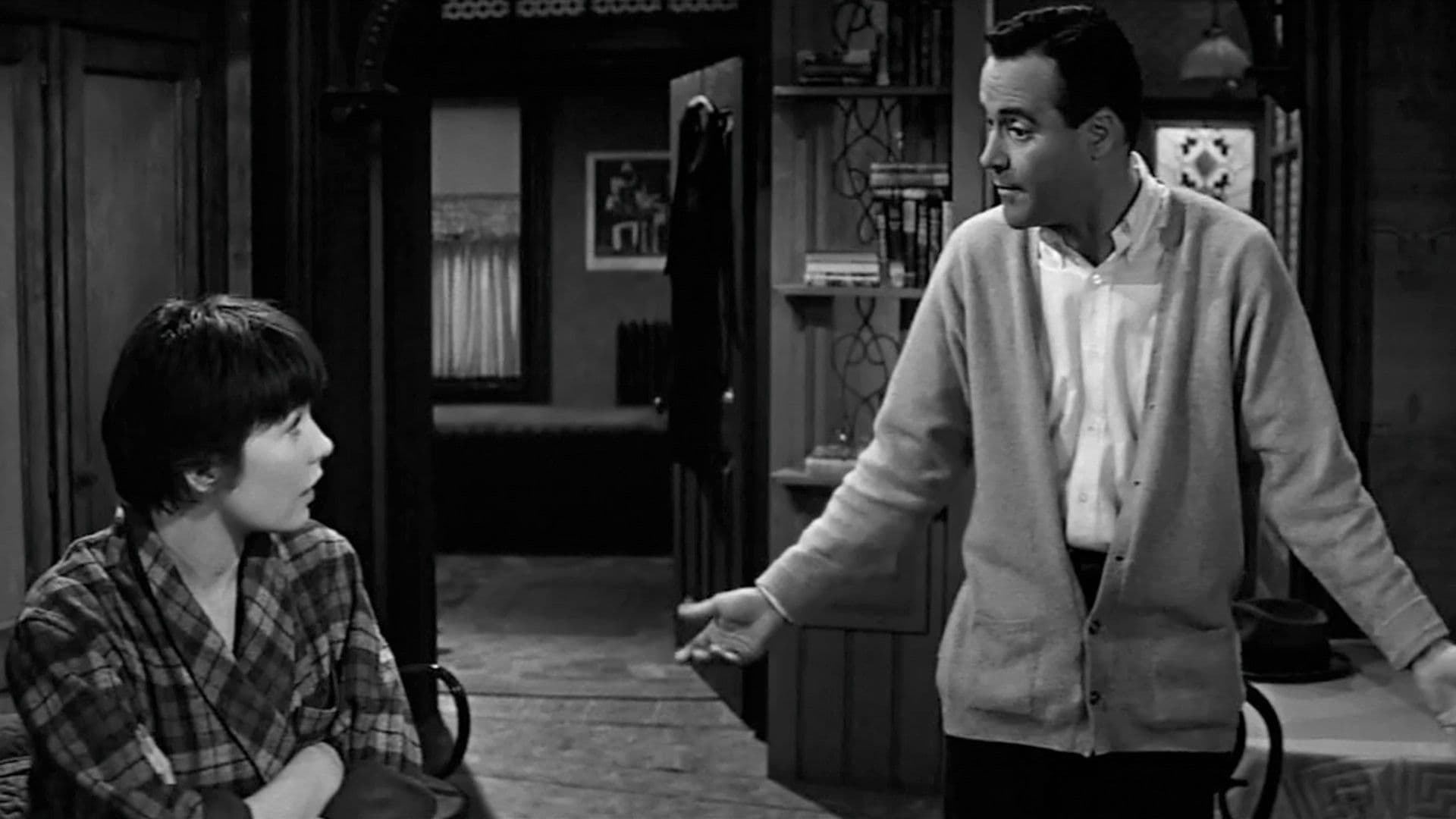

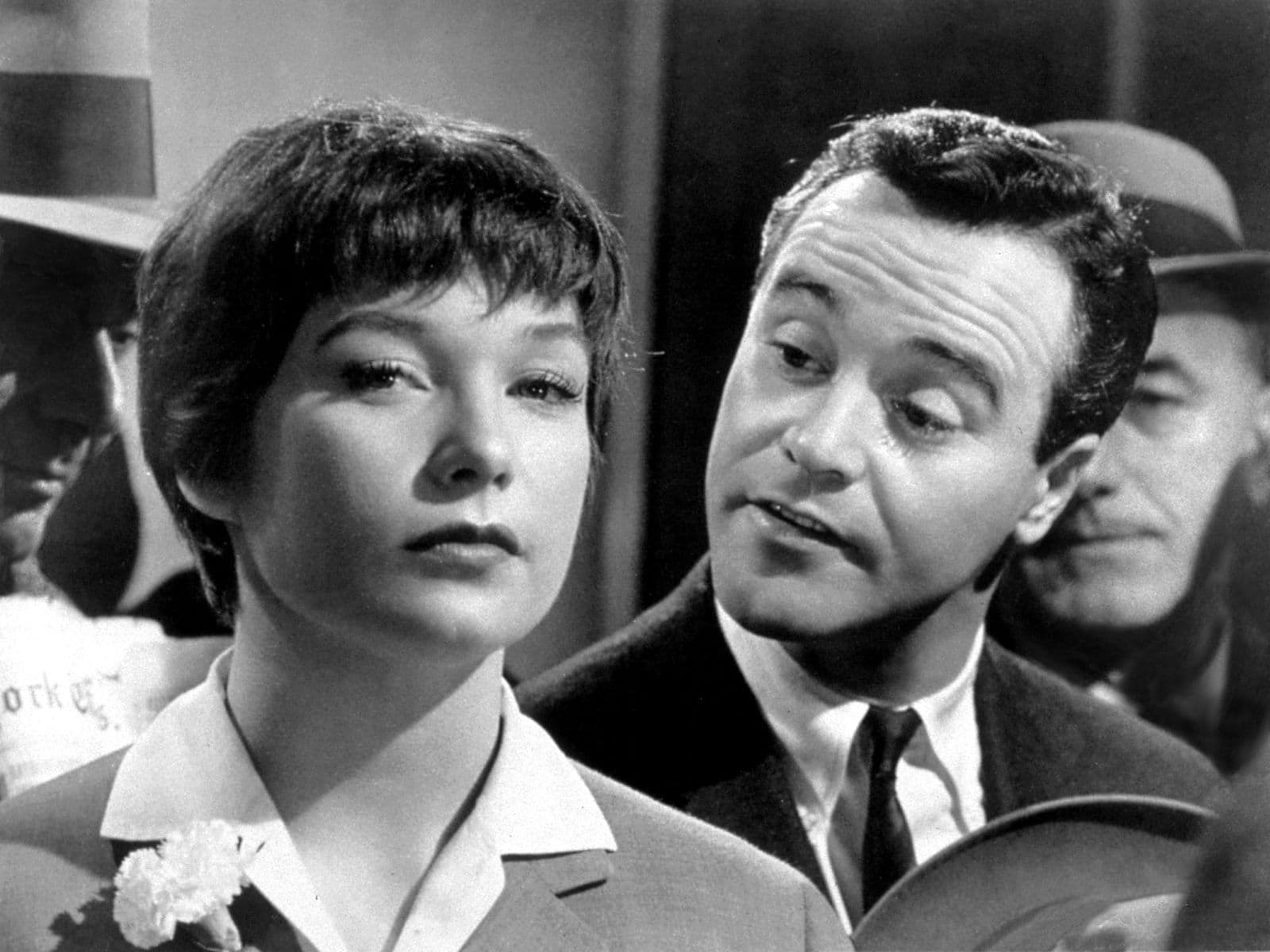
Comments
Loading comments...